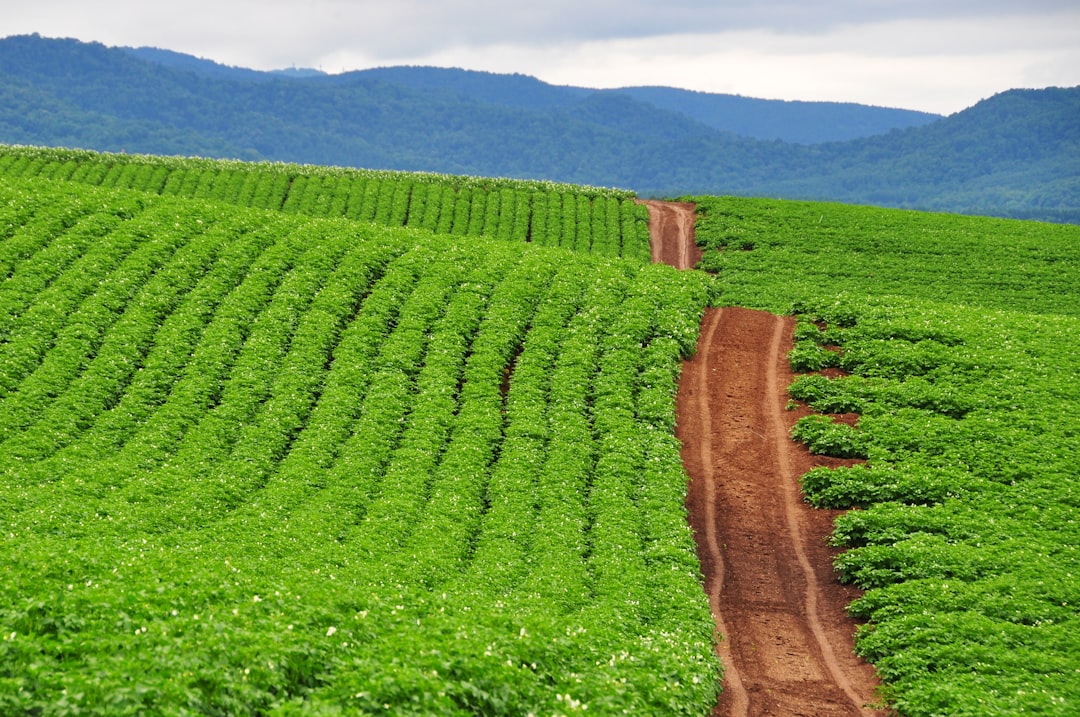No products in the cart.
Harnessing AI for Agricultural E-Commerce
AI is reshaping agricultural retail, creating new career paths and enhancing connections between farms and consumers.
Salinas, California — AI revolutionizes Agriculture Retail
In the heart of California’s agricultural belt, AI is changing the way consumers connect with farmers. Gone are the days when grocery shopping was confined to aisles and produce sections. Today, technology is bringing the farm directly to the consumer’s doorstep.
The integration of artificial intelligence in agriculture retail is not just about efficiency; it’s about creating a more sustainable and transparent food system. With AI tools, farmers can optimize their supply chains, predict market demands, and even enhance crop yields. This shift is opening doors to new career opportunities, particularly in agricultural e-commerce.
Understanding the AI Impact in Agriculture
AI’s role in agriculture isn’t merely a trend—it’s a necessity driven by the challenges of climate change, population growth, and the need for sustainable practices. According to a report from Statista, the global AI in agriculture market is projected to reach $2.6 billion by 2027, growing at a compound annual growth rate (CAGR) of 25.5% from 2020 to 2027.
Farmers are leveraging AI for precision agriculture, which uses data analytics and machine learning to make informed decisions about planting and harvesting. For instance, companies like IBM are utilizing their Watson platform to help farmers analyze weather patterns and soil conditions, leading to better crop management.
 News
NewsUK Construction Sector Faces Major Challenges Amid Budget Uncertainty
UK construction output is declining sharply amid budget uncertainty, raising concerns about the sector's future and investor confidence.
Read More →Understanding the AI Impact in Agriculture AI’s role in agriculture isn’t merely a trend—it’s a necessity driven by the challenges of climate change, population growth, and the need for sustainable practices.

Moreover, AI-driven platforms are streamlining agricultural e-commerce. Startups like Farmers Friend are providing farmers with tools to sell their products directly to consumers, bypassing traditional retail channels. This not only enhances profitability for farmers but also gives consumers access to fresher produce.
The E-Commerce Shift: A New Era for Careers
The rise of agricultural e-commerce powered by AI is creating a plethora of job opportunities. Roles in data analysis, digital marketing, and supply chain management are becoming increasingly vital. For example, a position at Cargill as a data analyst might involve interpreting consumer trends to help farmers align their production with market demands.
Additionally, as more farmers embrace digital platforms, there’s a growing need for expertise in technology and e-commerce strategies. The USDA reports that the adoption of e-commerce in the agricultural sector is rising, with 15% of farmers currently selling online, a number that is expected to grow significantly.
Challenges and Considerations
Despite the promising landscape, the transition to AI-driven agricultural e-commerce isn’t without challenges. Data privacy concerns and the digital divide are significant hurdles that need addressing. Not all farmers have equal access to technology or the internet, which can create disparities in who benefits from these advancements.
 Artificial Intelligence
Artificial IntelligenceAI Autonomy, 6G, and Quantum Mechanics to Define Enterprise Competitiveness in 2026
Discover how AI autonomy, 6G, and quantum mechanics will impact enterprise competitiveness in 2026 and what it means for your…
Read More →Additionally, the reliance on technology raises questions about job displacement. While AI can enhance efficiency, it may also lead to reduced labor needs in certain areas. However, experts argue that the focus should be on reskilling workers for new roles that AI creates rather than fearing job loss.
Future Prospects: Embracing AI in Agriculture
Looking ahead, the intersection of AI and agriculture retail holds immense potential. As consumers increasingly seek transparency in food sourcing, AI can play a crucial role in providing traceability from farm to table. With growing interest in sustainability, technologies that optimize resource use and reduce waste will likely gain traction.
However, experts argue that the focus should be on reskilling workers for new roles that AI creates rather than fearing job loss.
For those considering a career in this evolving field, now is the time to invest in skills related to data analytics, digital marketing, and agricultural science. Online courses and certifications in AI applications for agriculture can provide a solid foundation. Organizations like Coursera and edX offer specialized programs tailored to these needs.
In conclusion, the future of agricultural e-commerce powered by AI is bright. As technology continues to evolve, it will undoubtedly reshape the landscape of farming and food retail, creating a more connected and sustainable food system.
 Career Advice
Career AdviceTurning Setbacks into Opportunities: Career Resilience
Explore how professionals can leverage failure to build resilience and foster growth in their careers through actionable insights and frameworks.
Read More →










